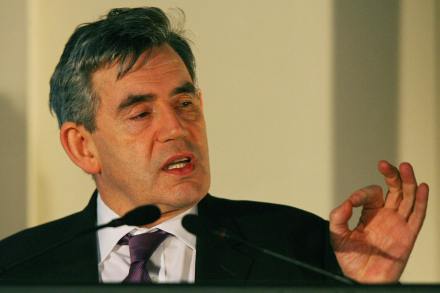Help Purnell
It is one of the oddities of politics that a Labour government can sometimes get away with announcing policies which, had they come from the mouth of a Conservative minister, would have provoked howls of anger. So it is with welfare reform. Whenever Mrs Thatcher’s government proposed to make benefit claimants actually do something for their handouts rather than languish in bedsits in Hastings and Margate, as was the common practice in the 1980s, the resulting rage and charges of heartlessness smothered serious reform — with dreadful consequences. In pockets of the country unemployment has become hereditary, and the idea of working for a living an entirely alien concept. The










